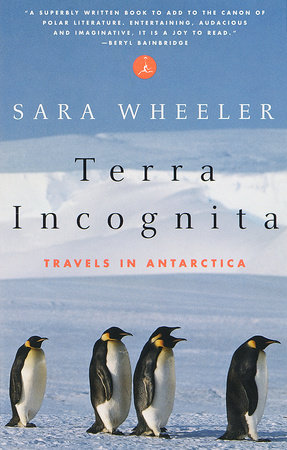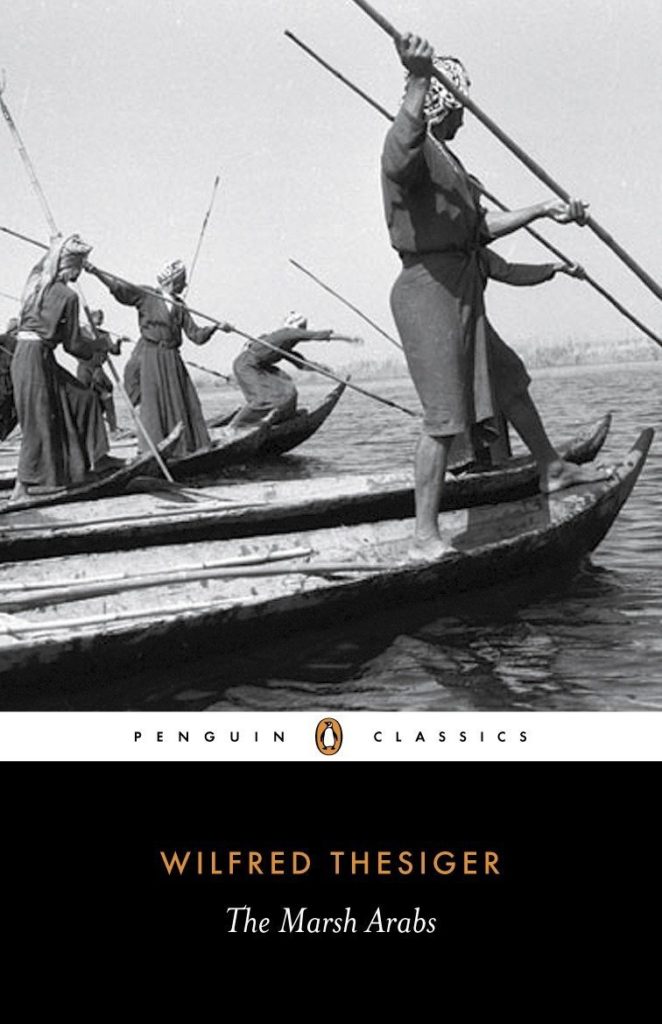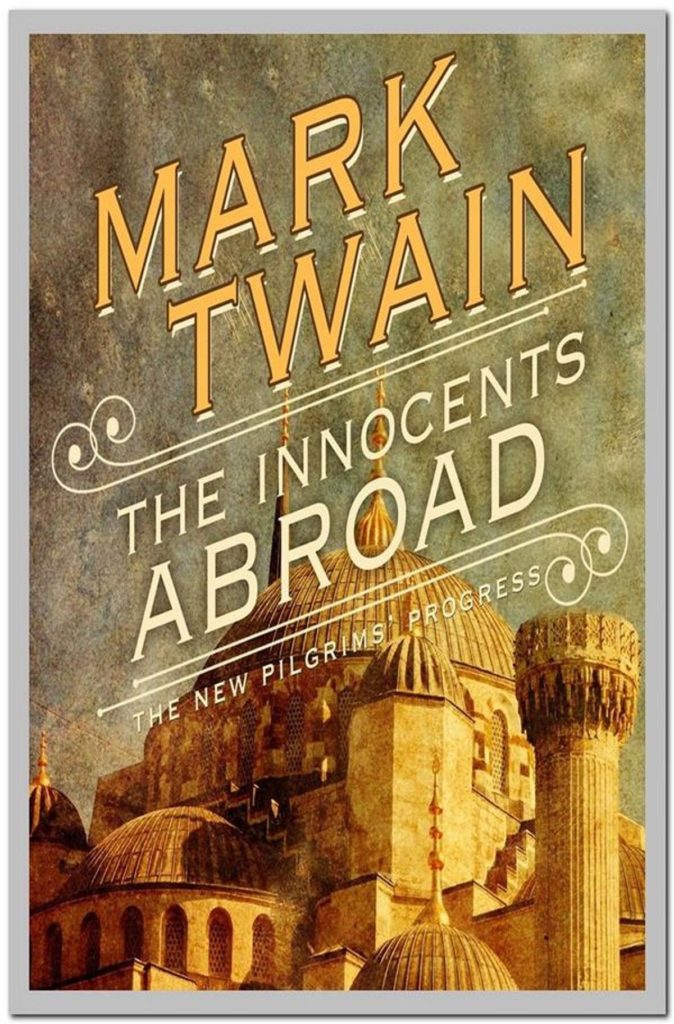In this series, travel-writing trainer Jonathan Lorie introduces the classic travel books on his shelf and explains how these can inspire your own traveller’s tales. This week: books which describe otherworldly destinations and experiences.
Half the fun of travelling is to enter worlds that are unfamiliar, to cross thresholds beyond what you know. That’s how travel grows the traveller, and it creates a fascinating source of stories.
For travel writers, strangeness is a gift. The further they go from their normal life, the more they may bring back. And one of their great challenges is to make the alien seem familiar, to find the common ground between here and there, which often lies in the common humanity of people everywhere.
Only someone as skilled as Bill Bryson can write about places we know too well. But then again, his trick is to make us see the U.K. or the USA as though they were the strangest places on earth – which indeed, of course, they are.
Here are three books from my shelf that dive deep into other worlds and bring back wisdom of many kinds.
Terra Incognita, by Sara Wheeler
The author spent seven months in the remotest place she could find – the South Pole – recording the oddities of life on polar research stations. Out of this alien experience, Wheeler shaped a personal meditation on exploration, endurance and being the only woman in an all-male society.

The Marsh Arabs, by Wilfred Thesiger
A classic explorer’s tale in which the intrepid author settles among the hidden islands and ancient tribes of Iraq’s southern marshes, adapting to a world entirely different from his own. His great gift is his ability to respect and accept the values of another culture.

The Innocents Abroad, by Mark Twain
The great American humourist joins a cruise ship to the Holy Land, casting a sardonic eye over the strangeness of other cultures and the foibles of fellow passengers. The break-out book that made Twain famous, much of its humour springs – as the title suggests – from cultural dislocation.

Tips from a travel writer
The idea of alien territory is very useful for travel writing. You’re often dealing with alien cultures or customs, languages you don’t understand, people with ways and lives very different from your own. Not only are these fascinating material, they also carry the structural possibility of lost-and-found.
You are lost when you don’t understand, and found when you finally do. Getting lost is great for suspense: being found supplies a satisfying ending. That can apply to threading your way through the markets of Goa, healing your heart in Tokyo, or settling in Spain for the rest of your life.
Stepping into alien territory also supplies a useful device for writers: the threshold moment. Wheeler lands on the ice cap, Thesiger punts into the middle ages, you catch a plane to India. That is where the action starts. Crossing that physical threshold is crossing an emotional border, into another world and into an adventure. On the other side of that border, you may be getting lost – and the story you bring back is the tale of how you got found.
More information
Jonathan Lorie is the author of The Travel Writer’s Way: turn your travels into stories (Bradt, £14.99), the ultimate handbook for aspiring travel writers. He teaches travel writing at www.travellerstales.org.